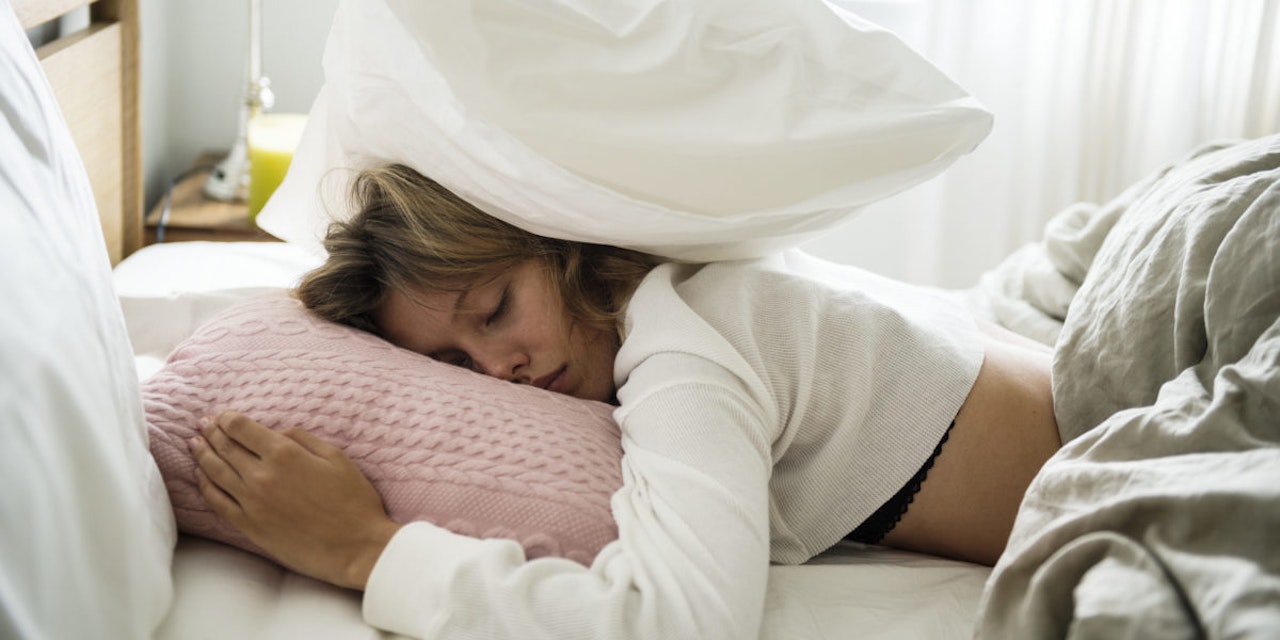
There are many benefits of a low-carb diet. It starves the body of glucose, forcing the body to burn stored fat — which can drastically enhance weight loss. It’s also been shown to combat heart disease, diabetes, and some types of cancer. For many, however, insomnia is an unexpected side effect of your new dietary regime.
How a Low-Carb Diet Affects Sleep
Depending on your age, you require at least seven hours of sleep per night. Shifting to a low-carb diet may have you tossing and turning due to the subtle chemical changes that result. It’s mostly a lack of serotonin in the brain that’s the culprit.
While lots of foods eaten as part of a low-carb diet (such as nuts and certain meats) are high in sleep-inducing tryptophan, your body requires insulin to convert this chemical into serotonin — the “good stuff.” A low-carb diet tends to reduce the body’s production of insulin, possibly wreaking havoc on your sleep patterns.
Take It Easy
The decision to adopt a low- or no-carb diet plan should not be taken lightly. Once your mind is made up, don’t start off too extreme. Instead of eliminating carbs completely, let your body adjust slowly to the chemical changes that will result.
Every day, cut a few dozen or so grams of carbs from your intake until you reach your goal. While this strategy won’t kick-start your diet as quickly as going cold turkey, it will help your body adjust more efficiently. Once you’re a few weeks in, healthful sleep will be your reward.
Watch the Clock
Be mindful of when you consume those few grams of carbs you allow yourself. By taking in these carbs closer to bedtime, you can expect higher serotonin levels when it’s time to go to sleep. While high-carb breakfast foods (such as cereals and oatmeal) can give you that much-needed energy boost in the morning, saving the carbs for later will greatly enhance the quantity and quality of your slumber.
Routine, Routine, Routine
The more regular your bedtime ritual, the more your body will expect sleep and adjust itself accordingly. Introduce something mellow — soothing music and a bit of reading, perhaps — into your schedule, and stick to it. On weekends, resist the urge to stay up late and sleep in until noon.
Avoid screens of any kind at least an hour before bed. This includes TVs, smartphones, and laptops. Research has shown that the blue light generated by these screens greatly detracts from the brain’s ability to shut down and rest when needed.
If insomnia is an issue, make your bed off-limits for anything other than sleeping. If you want to snack or watch TV, do it in another room. If you need to read or unwind with other activities before bed, reserve a different space away from your bedroom.
Adopting a low- or no-carb diet can be a wise choice for many who seek weight loss or relief from certain health afflictions. By playing it smart, you can ensure that low-carb sleeping effects don’t interfere with the rest that you need to stay healthy and happy.
All of the content and media on Lifesum is created and published for information purposes only. It is not intended to be used as a substitute for medical advice or treatment. Users should always consult with a doctor or other health care professional for medical advice. If you have or think you are at risk of developing an eating disorder, do not use the Lifesum app and seek immediate medical help.